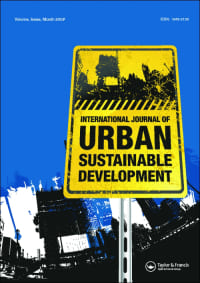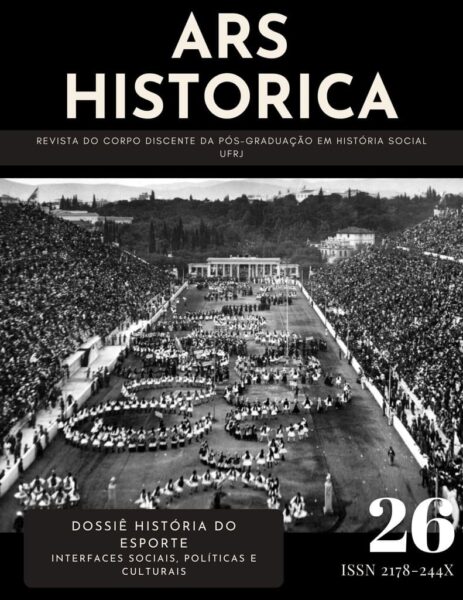This article examines the role of sporting mega-events in the reconfiguration of the urban landscape, to understand some of their impacts upon social groups directly affected by large projects involved in the construction of the so-called ‘Olympic City’. It studies the case of Rio de Janeiro, which will host the 2014 football World Cup and the 2016 Summer Olympic Games. The article seeks to demonstrate how mega-events are being instrumentalized by local political and economic elites, especially by a coalition of ambitious civic leaders, private entrepreneurs, and local real estate interests, who exploit the event-related sense of urgency, mobilization, and consensus in order to remake the city in their own image. Through the study of a series of projects conceived with the mega-events deadline in mind, and with a special emphasis on Porto Maravilha’s port revitalization project, the article shows how such an event-led planning model fosters an exclusive vision of urban regeneration. It sustains that such vision can open the way for the state-assisted privatization and commodification of the urban realm, and promote the rise of a new, ‘exceptional’ form of neo-liberal urban regeneration in the Latin American landscape, which serves the needs of capital while exacerbating socio-spatial segregation, inequality and social conflicts.
Keywords:mega-events; urban regeneration; state of emergency; Rio de Janeiro; urban landscape; urbanprojects



